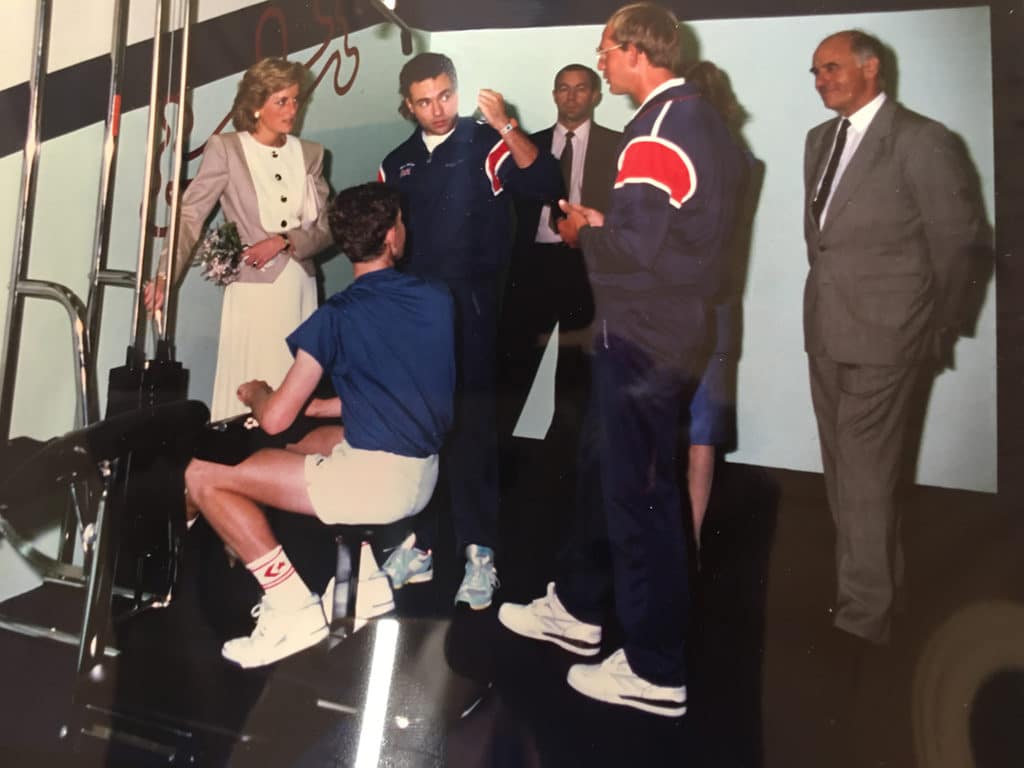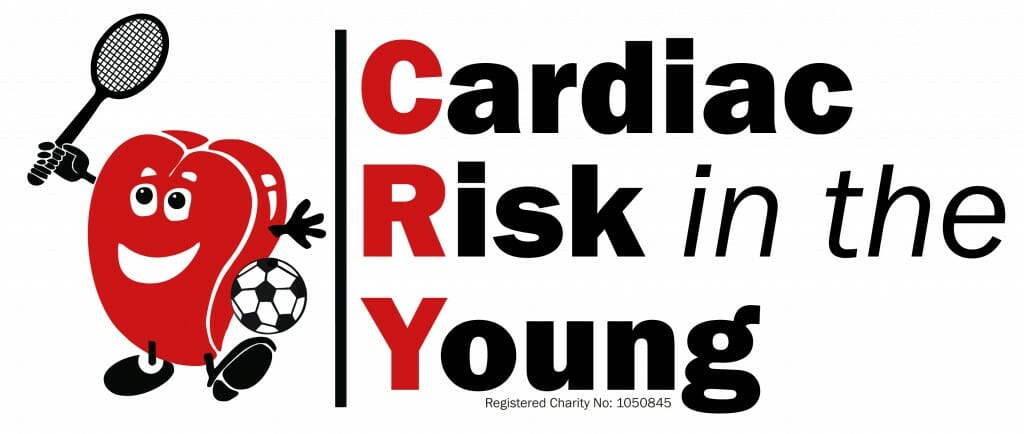This is the first part of CRY’s “Looking Back at 25” series. As we mark our 25th year anniversary, these articles will remember key parts of CRY’s history, and look at how the charity has developed and got to where it is today.
After one year at a tennis orientated Texas High School and a second at a small university, my son Steve, now CRY’s Chief Executive, felt he was more than ready to move to the massive university in Missouri that had offered him a full tennis scholarship.
He was surprised when he was told that all 2,000 new scholarship athletes needed to have an ECG taken at the hospital which was on the boundary of the university.
It was explained that these tests were mandatory as one of them had recently died suddenly of a heart condition that he was not aware he had.

He was unperturbed when he was told that his first set of results suggested that the machine was broken, and the technicians needed to get another machine to re-test him. He had trained hard during the summer and at the pre-match tennis trials was considered by the other players to be the fittest there.
However, the ECG re-test indicated severe cardiac abnormalities and was immediately followed by a range of increasingly sophisticated tests, which resulted in having an emergency biopsy and angiogram in the half term break. This was followed by the cardiologist walking into the waiting room and casually saying that, in his view, Steve should never raise a sweat again.
When I finally managed to speak to the cardiologist on the phone to try and understand the condition that he had diagnosed, he dismissed me because “it was not my business – Steve was 18 and an adult and could discuss it with me if he chose to.”
Steve was ordered not to play tennis again on campus, and was abruptly warned that his scholarship would terminate at the end of the academic year. He was absolutely devastated and found the cardiologist’s diagnosis difficult to come to terms with as he felt so fit and healthy. The head tennis coach couldn’t help him when he went to visit him at his digs. Nor did he see the cardiologist again.
Steve still had not had the condition that he was diagnosed with explained to him. This changed when a kind local doctor called Fernando Caverro (who was a keen tennis player) heard about what had happened and took it upon himself to take Steve under his wing.
He had sacrificed any academic ambitions for his tennis career and his worst fear now was that he could not stay in the US to complete his degree and would not be accepted by a UK university. He decided to concentrate on his imminent end of year exams.
I was advised to urgently acquire a UCCA form and decided to complete it myself, including writing his personal statement. I did not want to interrupt him, so made all decisions about which university to apply for, where in the country he wanted to go, and most importantly of all, which subjects he might want to study. He had been at a business school studying accountancy, so I included a range of different subjects in his applications.
He returned to the UK and our family doctor immediately found the top professor in cardiomyopathy and the whole family was screened before Christmas with the professor wanting to do further tests on Steve. He said he had never seen such an enlarged heart in a living young person.
Meanwhile, two massively uplifting things happened. Steve received excellent exam results, and, whilst most universities were not interested in him as he left to the US at 15 and had not done A levels, one UK University wanted to immediately interview him.
At the interview, the university lecturer asked Steve to sit down and tell him what had happened. As Steve finished he firmly said, “this is not about us wanting you, Steve. It is about whether you want to be with us,” and went on to offer him a place to study a degree in Applied Psychology and Sociology,
It is a moment I will never forget.
